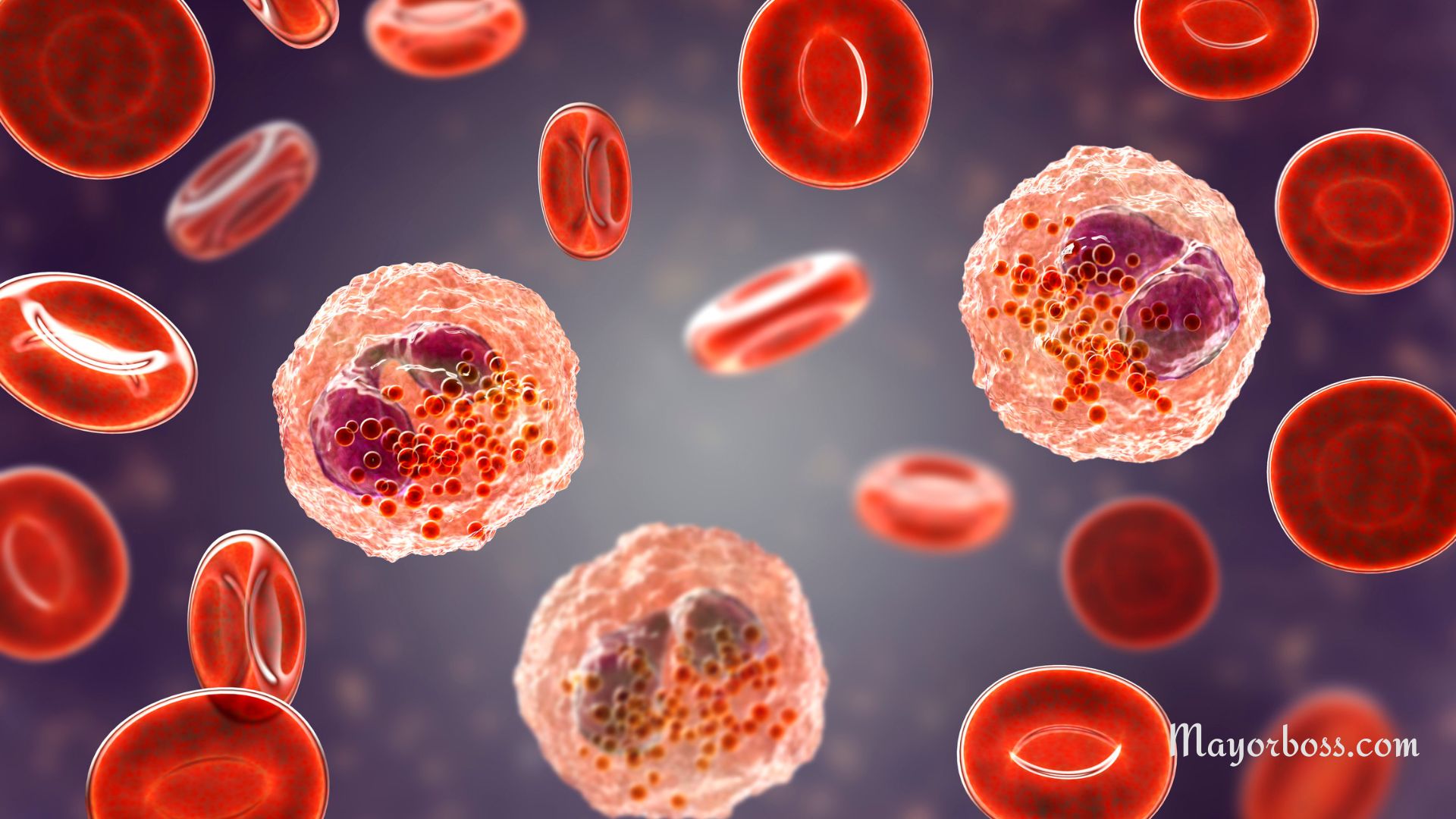8 Types of Pain You Shouldn’t Ignore
Pain is your body’s way of telling you that something is wrong. In many cases, it’s a temporary sensation that will eventually fade. However, certain types of pain should not be ignored, as they could signal a more serious issue. This article will show you eight types of pain that you should pay close attention to and seek medical help if they persist.

1. Chest Pain
Of course, don’t overlook any chest pain. Chest pain can be a symptom of several conditions, some of which are life-threatening. If you experience sudden, sharp, or crushing chest pain, it might indicate a heart attack or other cardiovascular issues. Other symptoms, such as shortness of breath, dizziness, or nausea, can also accompany chest pain. Don’t hesitate to seek emergency medical attention if you experience these symptoms.
Further Reading: Causes of Chest Pain That You Should Know
2. Back Pain
Back pain is a common complaint, but when it’s severe or persistent, it could be a sign of a more serious issue. It’s crucial not to ignore back pain that:
- Is accompanied by fever or unexplained weight loss
- Causes numbness, tingling, or weakness in the legs
- Persists beyond a few weeks or worsens over time
These symptoms may indicate an underlying condition such as a herniated disc, spinal stenosis, sciatica, or even an infection or tumor. See a healthcare provider to pinpoint the cause and initiate appropriate treatment.
Further Reading: 5 Types of Back Pain You Should Never Ignore
3. Severe Abdominal Pain
Severe abdominal pain can be a sign of a potentially life-threatening condition that requires immediate medical attention. While there are numerous causes for abdominal pain, some serious conditions that should not be ignored include:
- Appendicitis: Inflammation of the appendix, which can lead to rupture and infection if left untreated
- Ectopic pregnancy: A pregnancy that occurs outside the uterus, often in a fallopian tube, which can cause life-threatening internal bleeding
- Kidney stones: Solid mineral formations that can cause excruciating pain and potentially damage the urinary tract
- Pancreatitis: Inflammation of the pancreas, which can result in severe pain and complications if not addressed promptly
If you experience sudden, severe abdominal pain, especially if it’s accompanied by fever, vomiting, or other concerning symptoms, seek medical help immediately.
Further Reading: 17 Reasons For Pain in the Lower Right Abdomen Near the Hip Bone
4. Sudden, Intense Headache
Headaches are a common ailment, but a sudden, severe headache may be cause for concern. This type of headache could be a telltale sign of a stroke, aneurysm, or other serious neurological conditions. Thus, if your headache is accompanied by visual disturbances, slurred speech, or weakness, check in with a healthcare provider as soon as possible.
Further Reading: Here’s How to Get Rid of a Headache
5. Painful Urination
Painful urination, medically known as dysuria, can be a sign of a urinary tract infection (UTI), kidney stones, or other issues related to the urinary system. If you experience a burning sensation, discomfort, or pain while urinating, it’s crucial to consult a healthcare professional. The other symptoms that accompany painful urination include:
- Frequent urge to urinate
- Cloudy, dark, or strong-smelling urine
- Lower abdominal pain or pressure
- Blood in the urine
Ignoring painful urination can lead to complications, such as kidney infections or damage. Hence, early diagnosis and treatment can help alleviate symptoms and prevent more severe problems.
6. Persistent or Worsening Joint Pain
Occasional joint pain is a normal part of life, especially as we age. However, persistent or worsening joint pain can indicate an underlying condition, such as arthritis, an infection, or an autoimmune disorder. If your joint pain doesn’t improve with rest and over-the-counter pain relievers, or if it’s accompanied by swelling, redness, or warmth, it’s important to get it checked out. Only a physician can truly tell for sure what’s going on with your joint and how to treat it.
7. Unexplained Pain or Swelling in the Legs
Pain or swelling in the legs can have many causes, but one potentially serious condition to be aware of is deep vein thrombosis (DVT). DVT occurs when a blood clot forms in a deep vein, typically in the legs, and can lead to severe complications if left untreated. If you experience sudden pain, swelling, or warmth in your leg, especially if accompanied by skin discoloration or shortness of breath, seek medical attention immediately.
Further Reading: Why Your Legs May Be Swollen
8. Digestive Issues
Generally, pain associated with digestive issues can be quite uncomfortable. In some cases, it can indicate a more serious problem. Therefore, If you’re experiencing persistent or worsening pain in your stomach, abdomen, or gastrointestinal tract, it’s essential to visit your healthcare provider. Some common causes of digestive pain include:
- Gastroesophageal reflux disease (GERD)
- Peptic ulcers
- Gallstones
- Irritable bowel syndrome (IBS)
- Inflammatory bowel disease (IBD)
While some of these conditions may be managed with lifestyle changes or medication, others might require more extensive treatment or even surgery. The truth is early intervention can prevent complications and help you feel better faster.
The Bottom Line
It’s crucial to listen to your body and pay attention to any pain that doesn’t seem quite right. The types of pain mentioned above can indicate more serious health issues and should not be ignored. Remember, it’s always better to err on the side of caution regarding your health. If you’re unsure whether your pain warrants a visit to a healthcare professional, it’s best to consult with one to determine the appropriate course of action. As mentioned earlier, early intervention can make a significant difference in preventing complications and ensuring a swift recovery.
Further Reading: 8 Natural Painkillers That Help Ease Pain






